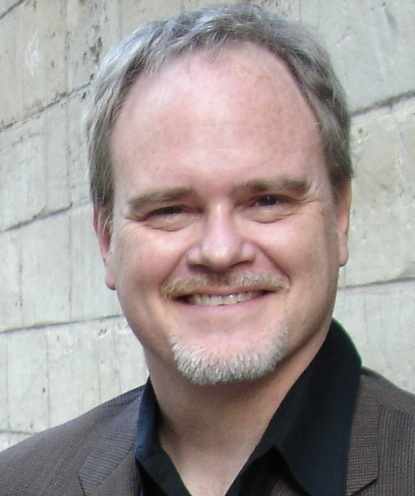
Paul Ward’s role as strategy advisor to corporate and non-profit executives brings his business management and Web services consulting to clients internationally and across the United States.
He is currently developing business and serving clients in Russia, China, France, the UK and Malaysia, as well as in the United States and Mexico. As author of key strategic methodologies that link operations, finance and marketing, he takes seriously the pursuit of best practices backed up by experience and research. Paul lectures and writes regular columns on branding, marketing and strategy, with recent articles appearing on global marketing and financial strategies for globalizing companies. He is a recognized authority on Customer Relationship Management (CRM) and Perceived Customer Value (PCV) and is doing research on the intersection between Customer Experience Management (CEM) and branding.
Recent clients include governance-service provider Axentis, the National Association of Corporate Directors (NACD) Corporate Directors Institute, the International Society for Pharmaceutical Engineers, the Department of Commerce’s Commercial Law Development Program (CLDP), the American Society of Plastic Surgeons (ASPS), the Association for Competitive Technology and CyVeillance. He is a global guru for the Greater China CRM forum and is on the editorial board of CRM Today magazine. He is currently working with Greater China CRM to train global leaders in customer experience management (CEM), working in Hong Kong, San Francisco and London, with upcoming sessions in Europe and Asia.
Paul is a member of the American Society of Association Executives and is a managing member of ASAE’s International Section Council. He is also a member of the World Affairs Council. He is a 2006 graduate of the global executive MBA program TRIUM, a joint degree program conferred by the London School of Economics, the HEC School of Management — Paris and NYU Stern School of Business. TRIUM was recently ranked by the Financial Times of London as the fourth best global executive MBA program.
Paul is the Vice President of Sponsorship for the Customer Relationship Management Association of America and is co-director of the Washington DC chapter of the HEC-Paris alumni association. He loves biking, traveling, cooking, writing and reading, all of which he joyfully shares with his wife Angela.
[If you are interested in learning more about TRIUM, the global executive MBA program I've completed, you can check out their site at the link near the top of the GlobalCRM blog home page. Click here to read my open letter to executives checking out TRIUM at MBA fairs.]



1 comment:
Now that I've posted my bio, it's time to really start the commentary. I've been putting a lot of comments on my old blog, which I've now taken down. I may pull out some of that material for here, but in the meantime, the big question I want to tackle is how the "new economy" (read: new information flow controlled by consumers) is changing the way business is run.
My friend Scott told me today that Time magazine's print edition starts off with a list of its online resources at TIME.com. (I don't read TIME, since I get most of my news off the Web, or from other magazines such as The Economist, Forbes, and various IT/supply chain/market research publications.)
This is a major acknowledgment that the Internet is affecting how people get information -- and that TIME is embracing the change. The monetizing model isn't promising at this moment for online news though: People generally won't pay for online content (although the trend is improving there), and ad revenues from online news sites are just a fraction of publication income.
Will that model change, so that publications can stay in business? I hope so. We need an independent, investigative press. To support this, they need to make money -- with no strings attached.
The challenge is obvious: How do publications prove their value? How do they use this value to continue an independent, investigative capacity?
The irony is that a free press is not a freebie.
Post a Comment